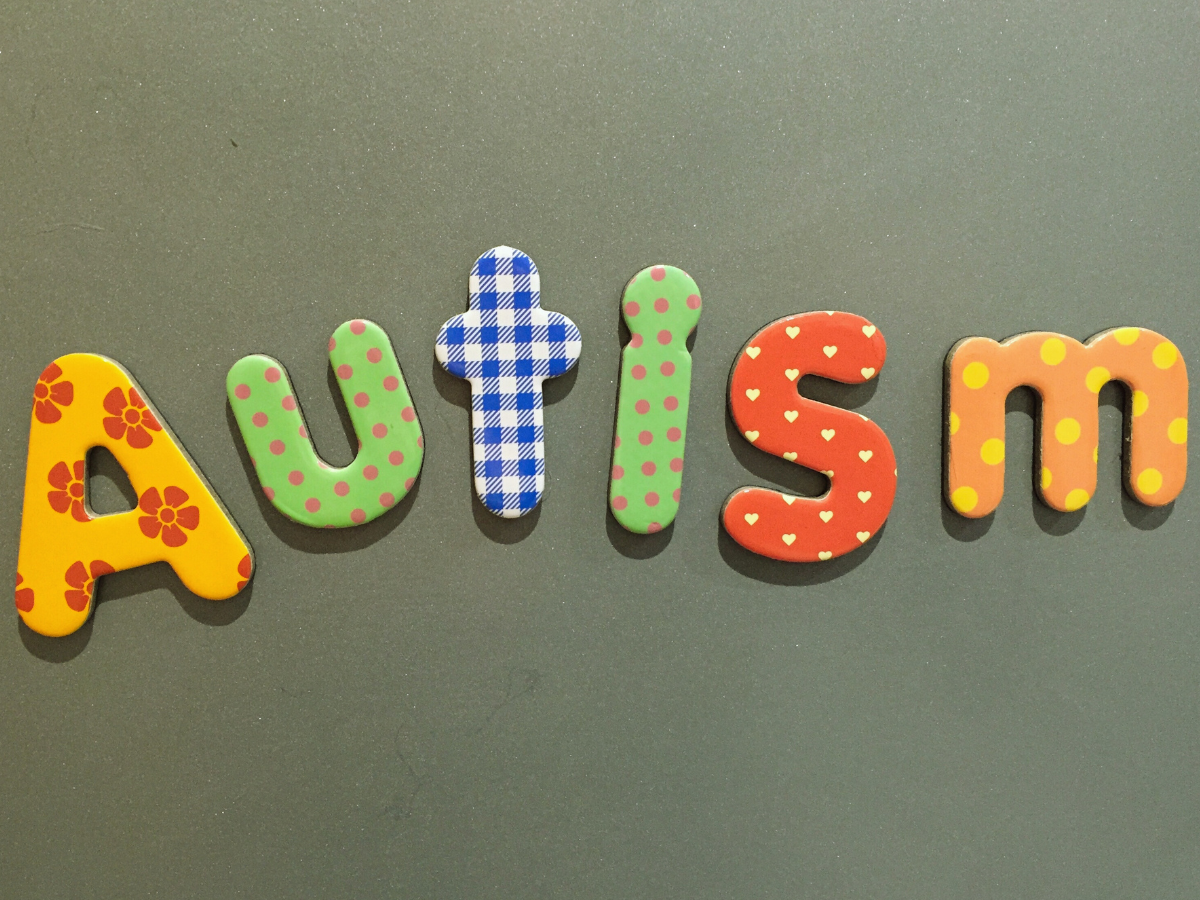
The carnivore diet may benefit individuals with autism by potentially reducing inflammation and improving gut health. By eliminating plant-based foods, some report enhanced focus and reduced behavioral issues. However, it’s essential to consult healthcare professionals before making dietary changes.
Autism Spectrum Disorder (ASD) is a complex neurological and developmental condition that affects communication, behavior, and interaction with others. The search for effective treatments and lifestyle adjustments to improve the quality of life for autistic individuals has led many to explore dietary interventions. One such intervention that has garnered attention is the carnivore diet. We will look into the benefits of the carnivore diet for autistic people, exploring the background, advantages, and disadvantages, and providing practical suggestions for beginners. This guide aims to offer an original and insightful look into how the carnivore diet can support autistic individuals.
Understanding Autism Spectrum Disorder
Autism Spectrum Disorder encompasses a range of neurodevelopmental conditions characterized by challenges in social interaction, communication, and repetitive behaviors. Symptoms and severity can vary widely among individuals, making ASD a spectrum disorder. The exact causes of autism are still unknown, but it are believed to be a combination of genetic and environmental factors.
What is the Carnivore Diet?
The carnivore diet, also known as the all-meat diet, is a dietary regimen that focuses exclusively on animal-based foods. This includes meat, fish, eggs, and certain dairy products while eliminating all plant-based foods. The diet is high in protein and fat and virtually free of carbohydrates, promoting a state of ketosis where the body burns fat for fuel instead of carbohydrates.
Why the Carnivore Diet for Autism?
Autistic individuals often face unique dietary and nutritional challenges. Many experience gastrointestinal issues, food sensitivities, and nutrient deficiencies, which can exacerbate symptoms of autism. Traditional diets may include foods that trigger adverse reactions or fail to provide essential nutrients in a bioavailable form.
The carnivore diet has gained interest for its potential to address these issues due to its simplicity and focus on nutrient-dense, easily digestible foods. Anecdotal reports and emerging research suggest that some autistic individuals experience significant improvements in symptoms and overall well-being on a carnivore diet.
Benefits of the Carnivore Diet for Autistic Persons
1. Improved Gastrointestinal Health
Many autistic individuals suffer from gastrointestinal (GI) issues such as constipation, diarrhea, and irritable bowel syndrome (IBS). The carnivore diet, by eliminating plant-based foods that can irritate the gut, may help alleviate these symptoms.
- Reduced Inflammation: The absence of plant-based foods, which can contain anti-nutrients like lectins and oxalates, reduces inflammation in the gut. This can lead to better digestion and absorption of nutrients.
- Simplified Digestion: Animal-based foods are generally easier to digest and do not contain fiber, which can be problematic for individuals with sensitive GI systems.
2. Enhanced Nutrient Absorption
The carnivore diet provides highly bioavailable nutrients, meaning the body can absorb and utilize them more efficiently. This is crucial for autistic individuals, who may have difficulty absorbing nutrients from plant-based foods.
- Vitamins and Minerals: Animal foods are rich in essential vitamins and minerals such as B vitamins, iron, zinc, and omega-3 fatty acids, which are vital for brain function and overall health.
- Protein: High-quality animal protein supports muscle growth, tissue repair, and neurotransmitter production, which can positively impact cognitive and behavioral functions.
3. Reduction in Food Sensitivities and Allergies
Many autistic individuals have food sensitivities or allergies that can worsen symptoms. The carnivore diet’s elimination of plant-based foods reduces exposure to common allergens and irritants.
- Elimination of Gluten and Casein: Gluten and casein, found in grains and dairy, are common triggers for autistic individuals. The carnivore diet naturally eliminates these substances, potentially reducing adverse reactions.
- Stabilized Blood Sugar Levels: The diet’s high fat and protein content helps maintain stable blood sugar levels, reducing mood swings and behavioral issues related to blood sugar fluctuations.
4. Potential Cognitive and Behavioral Improvements
Emerging evidence suggests that the carnivore diet may positively impact cognitive function and behavior in autistic individuals.
- Ketosis and Brain Function: The ketogenic state induced by the carnivore diet provides a steady supply of ketones, which can be a more efficient and stable energy source for the brain. This may enhance cognitive function and reduce neurological symptoms.
- Reduced Oxidative Stress: By eliminating pro-inflammatory foods, the diet may reduce oxidative stress, which has been linked to neurological issues in autism.
5. Simplified Dietary Management
For caregivers and individuals managing autism, the simplicity of the carnivore diet can be a significant advantage.
- Ease of Meal Planning: The diet’s focus on a limited range of foods simplifies meal planning and preparation, reducing stress for both the individual and their caregivers.
- Consistent Nutrition: The carnivore diet ensures consistent intake of essential nutrients, reducing the risk of deficiencies and supporting overall health.
Disadvantages of the Carnivore Diet for Autistic Persons
1. Social and Cultural Challenges
The restrictive nature of the carnivore diet can pose social and cultural challenges.
- Social Isolation: Eating out or participating in social gatherings may become difficult, leading to feelings of isolation or exclusion.
- Cultural Acceptance: The diet may not be widely accepted or understood, making it challenging to adhere to in certain social or cultural contexts.
2. Potential Nutrient Deficiencies
While the carnivore diet is nutrient-dense, there is a risk of certain nutrient deficiencies if not carefully managed.
- Vitamin C: The diet lacks plant-based sources of vitamin C, which is essential for immune function and skin health. Individuals may need to seek alternative sources or supplements.
- Fiber: The absence of dietary fiber can lead to constipation and other digestive issues. Careful monitoring and adjustments may be needed to maintain GI health.
3. Initial Adaptation Period
Transitioning to a carnivore diet can be challenging, especially for autistic individuals who may have food aversions or sensory sensitivities.
- Adaptation Symptoms: Individuals may experience initial symptoms such as fatigue, headaches, and digestive changes as the body adjusts to the new diet.
- Sensory Issues: The texture and taste of animal-based foods may be challenging for some autistic individuals, requiring gradual introduction and adaptation.
Daddy’s Pick

Carnivore Diet for Beginners: Your Essential Guide to a New You.
Suggestions for Beginners
1. Start Slowly
Transitioning to a carnivore diet should be done gradually to allow the body to adapt and identify any potential issues.
- Incremental Changes: Begin by gradually reducing plant-based foods and increasing animal-based foods in the diet.
- Monitor Reactions: Keep a detailed food diary to monitor reactions and adjust the diet as needed.
2. Focus on High-Quality Animal Products
The quality of animal products is crucial for maximizing the benefits of the carnivore diet.
- Grass-Fed and Pasture-Raised: Choose grass-fed and pasture-raised meats, which are higher in essential nutrients and free from harmful additives.
- Wild-Caught Fish: Incorporate wild-caught fish for a rich source of omega-3 fatty acids, which are beneficial for brain health.
3. Incorporate Organ Meats
Organ meats are nutrient powerhouses and should be included in the diet for optimal health.
- Liver: The liver is rich in vitamins A, B12, and iron. Incorporate it into the diet regularly for its nutrient-dense profile.
- Other Organs: Heart, kidney, and other organ meats provide essential nutrients and should be included for variety.
4. Stay Hydrated
Proper hydration is crucial for overall health and can help manage initial adaptation symptoms.
- Water Intake: Ensure adequate water intake throughout the day to support digestion and metabolic processes.
- Electrolytes: Consider supplementing with electrolytes, especially during the initial transition phase, to maintain balance and prevent dehydration.
5. Seek Support and Guidance
Transitioning to a carnivore diet can be challenging, and seeking support can make the process smoother.
- Consult Healthcare Professionals: Work with healthcare professionals experienced in the carnivore diet to ensure nutritional needs are met.
- Join Support Groups: Connect with online or local support groups to share experiences, gain insights, and receive encouragement.
Experts on the Carnivore Diet and Autism
- Dr. Paul Saladino, MD: “The carnivore diet can be a powerful tool for reducing inflammation and improving gut health, which are critical factors for individuals with autism.”
- Dr. Georgia Ede, MD: “Eliminating plant-based anti-nutrients and focusing on nutrient-dense animal foods can provide the brain with the essential nutrients it needs to function optimally.”
- Dr. Shawn Baker, MD: “The simplicity of the carnivore diet makes it easier to manage and can help autistic individuals achieve better health outcomes.”
The carnivore diet offers a promising dietary approach for autistic individuals, with potential benefits including improved gastrointestinal health, enhanced nutrient absorption, reduced food sensitivities, and cognitive and behavioral improvements. While there are challenges and disadvantages to consider, such as social isolation and potential nutrient deficiencies, the diet’s simplicity and nutrient density make it an attractive option for those seeking to manage autism symptoms through dietary intervention.
For beginners, a gradual transition focusing on high-quality animal products, the inclusion of organ meats, proper hydration, and seeking support are essential steps to ensuring a successful and sustainable carnivore diet. By understanding the unique needs and challenges of autistic individuals, the carnivore diet can be tailored to provide significant health benefits and improve the quality of life.
As with any dietary change, it is important to consult with healthcare professionals and monitor progress to ensure nutritional needs are met and to address any potential issues that arise. With careful planning and support, the carnivore diet can be a valuable tool for autistic individuals seeking to improve their health and well-being.
Exclusive Offer
READ MORE
- The “Meat Monk” Routine: A Minimalistic, Monk-Style Daily Schedule Built Around Beef and Meditation
- Junk Food Jailbreak: Carnivore Keys to Freedom
- Pregnancy and the Carnivore Diet: Is It a Good Idea?
- When Is It Time to Stop Listening to Carnivore Influencers?
- Why the Carnivore Diet Differs From Location to Location: Why There Is No One-Size-Fits-All Rule